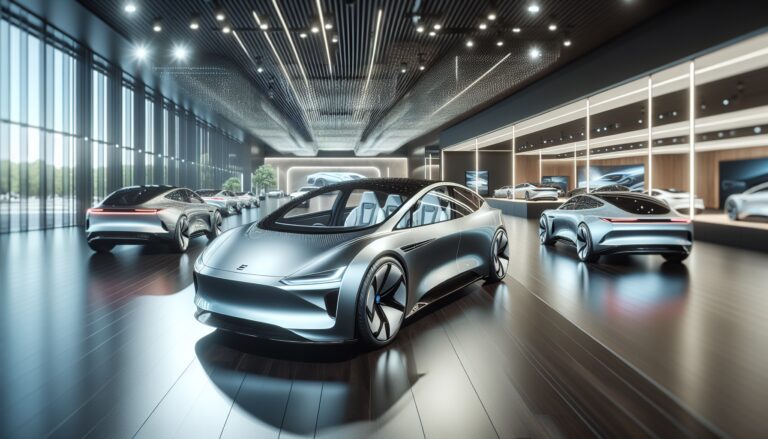Argomenti trattati
Artificial intelligence: A game changer for car design
In recent years, the automotive industry has witnessed a seismic shift in design philosophy, largely driven by advancements in artificial intelligence (AI). Industry leaders, including Mercedes-Benz’s design chief Gorden Wagener, are at the forefront of this transformation, envisioning a future where AI plays a pivotal role in the creative process. Wagener’s insights reveal a landscape where AI could potentially take over many aspects of automotive design, leading to a significant reduction in the need for human designers.
While Wagener acknowledges that AI-generated designs are still in their infancy, he emphasizes the potential for growth and improvement. Currently, he estimates that only 1% of AI-generated designs are of high quality, but this percentage is steadily increasing. The implications of this technology are profound, suggesting a future where machines could outperform human creativity, making them more cost-effective and efficient.
Redefining luxury in electric vehicles
As the automotive world shifts towards electric vehicles (EVs), Wagener has also addressed the evolving definition of luxury. The recent designs of Mercedes-Benz, particularly the EQS sedan, have sparked debate regarding their aesthetic appeal. Critics have described the EQS’s unique shape as ‘jelly bean-like,’ a design choice intended for aerodynamics. Wagener defends this approach, labeling it as ‘progressive’ and ahead of its time. However, he acknowledges that consumer preferences are shifting, prompting Mercedes to adapt its design language to align more closely with traditional gas-powered vehicles.
Moreover, Wagener has expressed skepticism about the increasing prevalence of digital screens in car interiors. Despite Mercedes-Benz’s impressive 56-inch Hyperscreen, he questions whether such features truly embody luxury. Instead, he advocates for a return to craftsmanship and sophistication, suggesting that future models will prioritize tactile experiences over digital displays. This shift aims to redefine how consumers perceive EVs, positioning them as sophisticated, long-lasting products rather than mere electronic devices.
The road ahead: AI and the evolution of self-driving technology
Looking towards the future, Wagener envisions a world where self-driving technology becomes commonplace. He believes that Mercedes-Benz will differentiate its EVs by creating an experience akin to a smart home, rather than a mobile phone. This innovative approach aims to enhance the consumer experience, making vehicles feel more integrated into daily life.
However, Wagener remains realistic about the timeline for fully autonomous vehicles, acknowledging that significant advancements are still required. As the industry continues to evolve, the collaboration between human designers and AI will be crucial in shaping the future of automotive design. The journey ahead promises to be exciting, with endless possibilities for creativity and innovation in the realm of luxury vehicles.

